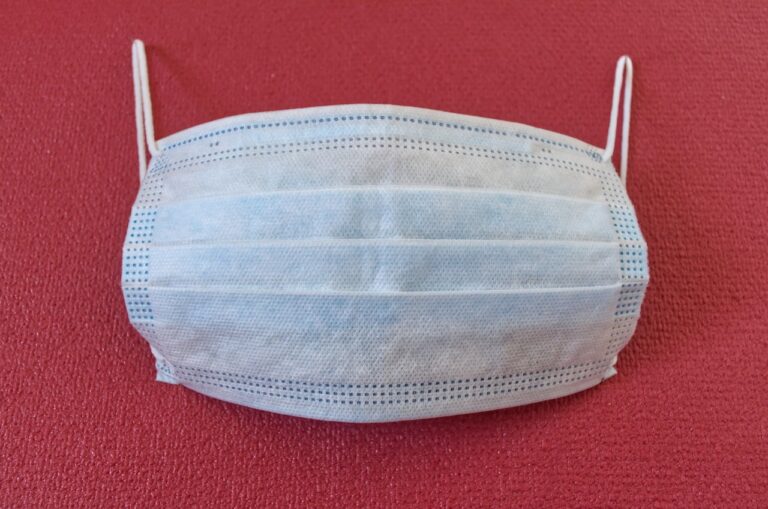How Healthcare Systems Can Achieve Cost-Effectiveness
Healthcare systems worldwide are under constant pressure to deliver quality care while managing costs effectively. One key strategy to achieve cost-effectiveness is the implementation of preventive care programs. By focusing on preventive measures such as vaccinations, screenings, and lifestyle interventions, healthcare providers can help reduce the burden of costly medical treatments for preventable conditions in the long run.
Another essential strategy is to promote the efficient use of resources within healthcare facilities. This includes optimizing staff scheduling, streamlining administrative processes, and reducing waste in supplies and medications. By improving operational efficiency, healthcare organizations can allocate their resources more effectively, ultimately leading to cost savings that can be reinvested into enhancing patient care.
Identifying Areas for Cost Reduction in Healthcare
Healthcare systems across the globe are constantly seeking ways to reduce costs without compromising on the quality of care provided to patients. One area that holds potential for cost reduction is the optimization of administrative processes. By streamlining administrative tasks, healthcare facilities can lower operational expenses and allocate resources more efficiently. Implementing digital solutions for appointment scheduling, billing, and medical record keeping can significantly reduce administrative costs.
Another area where healthcare organizations can focus on reducing costs is by addressing inefficiencies in supply chain management. Oftentimes, there is a lack of transparency and coordination in the supply chain, leading to excess inventory, wastage, and higher procurement costs. By implementing inventory management systems, standardizing procurement processes, and negotiating better contracts with suppliers, healthcare facilities can effectively cut down on supply chain expenses and improve overall cost-effectiveness.
How can healthcare systems achieve cost-effectiveness?
Healthcare systems can achieve cost-effectiveness by implementing key strategies such as reducing administrative costs, improving efficiency in care delivery, negotiating lower prices with suppliers, and investing in preventive care to reduce long-term costs.
What are some common areas for cost reduction in healthcare?
Common areas for cost reduction in healthcare include reducing unnecessary tests and procedures, optimizing supply chain management, improving coding and billing accuracy, and leveraging technology to streamline processes.
How can healthcare providers identify opportunities for cost reduction?
Healthcare providers can identify opportunities for cost reduction by conducting thorough financial assessments, analyzing utilization patterns, benchmarking against industry standards, and seeking feedback from staff and patients on potential areas for improvement.
Why is it important for healthcare organizations to focus on cost reduction?
Focusing on cost reduction is important for healthcare organizations to ensure financial sustainability, improve access to care for patients, and enhance overall quality and efficiency in the delivery of healthcare services.





